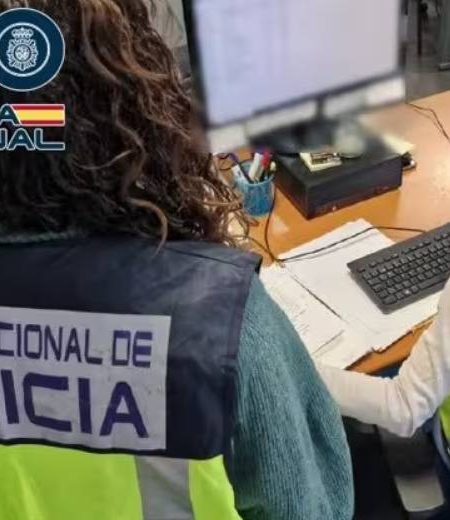Alcoy has taken the first step in regulating the use of municipal electric vehicle charging stations, which will result in the creation of legislation. It has also initiated a preliminary public consultation to solicit feedback and recommendations from citizens and interested parties. The ultimate goal is to govern the use of the City Council’s 13 electric charging stations. This phase will entail establishing regulations, usage times, and pricing for this service, which has hitherto been free and available to users.
The Department of General Services Inspection, which launched the public consultation, claims that an increase in the fleet of electric or hybrid vehicles has been detected and is expected to continue, necessitating the regulation of these charging stations in order to improve service, facilitate rotation, and ensure maintenance.
In reality, it is stated that because this is a service supplied on public roads, it must follow the terms of tax and traffic regulatory legislation, as well as the usage of public spaces. This will also address the needs arising from changes in mobility and reduce friction between users by setting regulations and defining their rights and obligations. Regarding what the tax ordinance involves in terms of setting a public price, it is also stated that the chargers’ electricity consumption has increased as a result of their use.
It was recently reported that the number of electric vehicles in Alcoy has surged by up to 38.4% in three months after the Alcoy City Council processed discounts on the Tax on Mechanical Traction Vehicles. According to data provided by the City Council, the total discounted amount as of March 31st, 2025 was €7,653.32, up from €5,530.88 as of December 31st, 2024.
For now, and as previously stated, the City Council has launched the prior public consultation, and all interested parties can submit their contributions until July 3 via the Alcoy City Council’s online office: This can be done through the Catalogue of Procedures under All Procedures and General Application; via the City Council’s General Registry, either electronically or in person; or by any other methods outlined in the Common Administrative Procedure Law for Public Administrations.









No Comment! Be the first one.